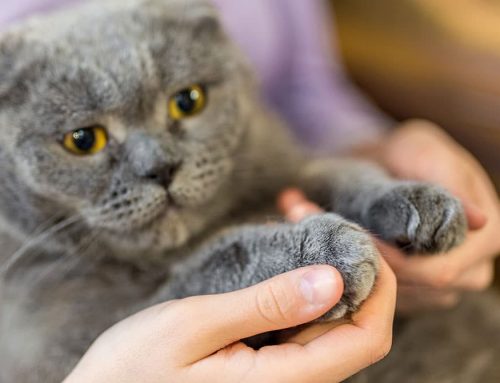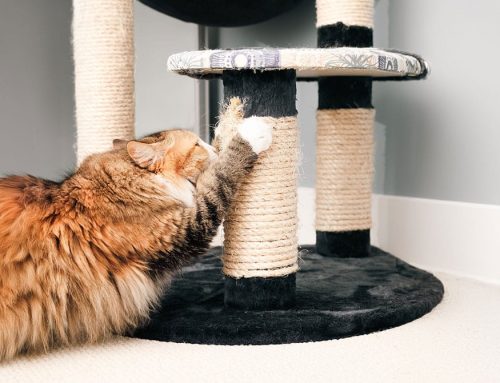We have put together a handy list of the top toxic people foods to avoid feeding your pet. As always, if you suspect your pet has eaten any of the following foods, please note the amount ingested and contact us or the ASPCA Animal Poison Control Center at (888) 426-4435. Be prepared to tell poison control the ingredients and quantity of the food item ingested.
Alcohol
Alcohol should never be given to your pet. Food and drinks containing alcohol can cause, decreased coordination, vomiting, diarrhea, central nervous system depression, tremors, abnormal blood acidity, difficulty breathing, coma, and even death.
Chocolate, Coffee and Caffeine
Chocolate, coffee, and caffeine all contain a substance called methylxanthine. When this substance is ingested by pets it can cause panting, excessive thirst and urination, vomiting, diarrhea, tremors, abnormal heart rhythm, and seizures. If enough methylxanthine is consumed it can even cause death. Baking chocolate has the highest amount while white chocolate has the least. The darker the chocolate, the higher the methylxanthines.
Citrus
Citrus peels, leaves, stems, seeds, and fruits can all be harmful to your cat. Even products containing certain amounts of citric acid, like essential oils, can be harmful in large amounts and can cause GI upset. Small doses, like a small amount of the fruit, are unlikely to cause any harm besides GI upset.
Grapes and Raisins
Although the toxic substance within grapes and raisins is unknown, these fruits can cause kidney failure.
Milk and Dairy
Because pets do not possess significant amounts of lactase (the enzyme that breaks down lactose in milk), milk and other dairy-based products cause them diarrhea or other digestive upset.
Onions, Garlic, Chives
All these vegetables and herbs may sound good to you, but to your cat can cause gastrointestinal irritation. Consuming a large enough quantity of these foods can lead to red blood cell damage.
Coconut and Coconut oil
Like many other foods, when ingested in small amounts they are unlikely to cause any harm. Fresh coconut milk and coconut flesh, when consumed in larger quantities, can cause loose stools, diarrhea, and stomach upset. Avoid coconut water as well since it contains high levels of potassium that can be harmful to your pet.
Nuts
Nuts, including almonds, pecans, and walnuts, contain high amounts of oils and fats. The fats can cause vomiting and diarrhea, and potentially pancreatitis in pets.
Raw/Undercooked Meat, Eggs and Bones
Salmonella and E. coli are two of some of the harmful bacteria that can be found in these foods. Both bacteria can harm your pet and humans as well. Raw eggs can cause a decrease in the absorption of biotin, which makes their skin and coat healthy, due to the enzyme in them called avidin which decreases the absorption of biotin. Raw bones are a choking hazard and if eaten can possibly cause a bone splinter. Bone splinters can cause injury to the digestive tract by either lodging in or puncturing the intestines.
Salt and/or Salty Snack Foods
Pets ingesting large quantities of salt can cause increased thirst and urination. If a large enough quantity is consumed, it can cause sodium ion poisoning. Symptoms of overconsumption of salt are depression, vomiting, diarrhea, elevated body temperature, depression, tremors, seizures, and can even cause death. Please avoid salt heavy snacks like pretzels, popcorn, and potato chips.
Yeast Dough
The yeast in raw bread dough can cause gas to accumulate in the digestive system. This can cause the stomach to bloat and can be very painful. The stomach can potentially twist and can become a life-threatening emergency. Yeast also produces ethanol as a by-product and can cause your pet to become drunk (see alcohol).
Propylene Glycol
Propylene glycol can be found in soft/moist types of dog food or treats. Ingesting foods containing this can cause red blood cell damage in cats.








Leave A Comment